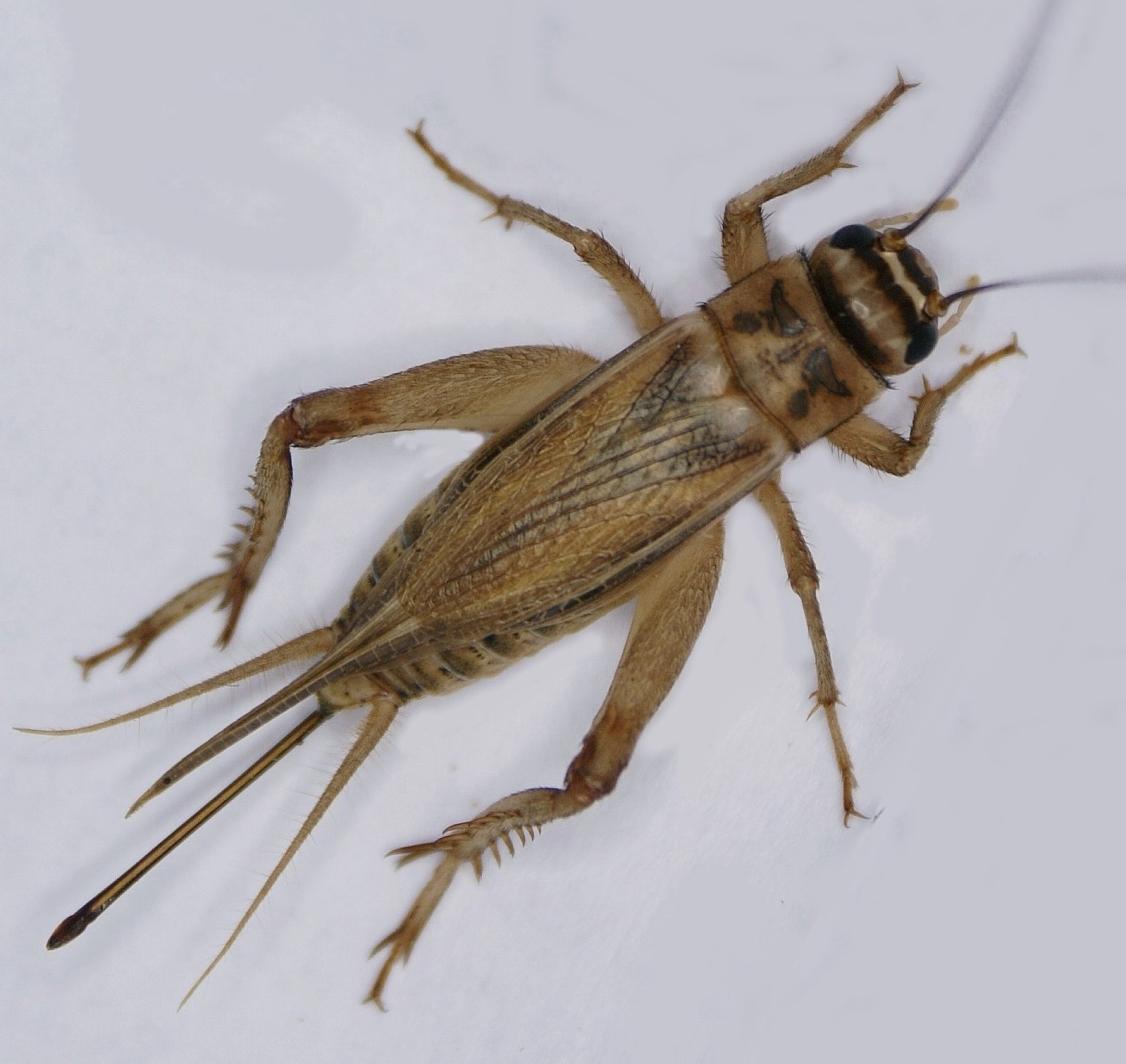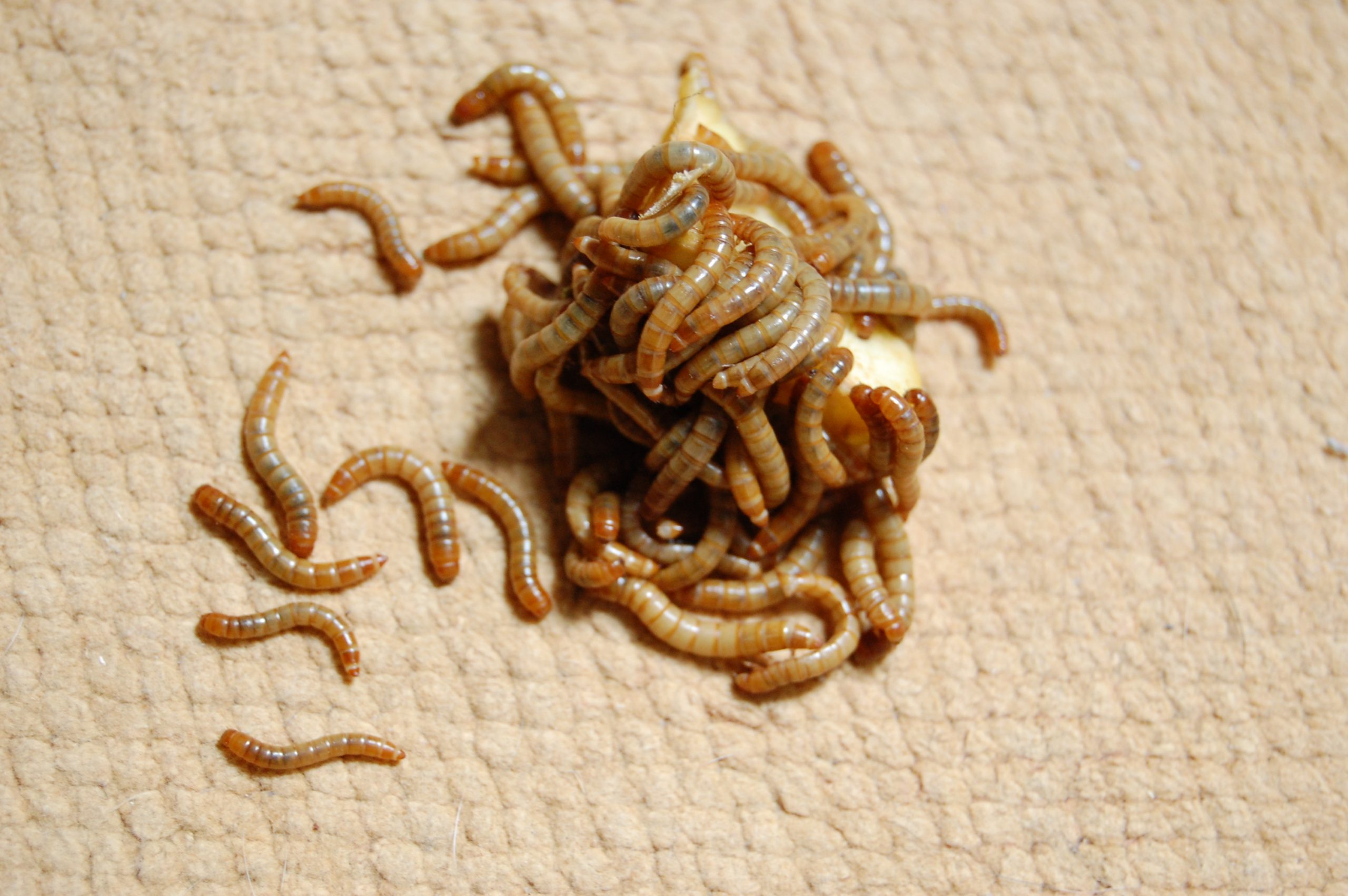Lesser mealworm larvae and house crickets are the next two additions in the EU’s insects for human consumption approvals.
Previously, the EU has approved mealworms and migratory locusts for certain forms of human consumption, both of which occurred in 2021.
The EU gave the green light for businesses to start selling lesser mealworm larvae in powder, frozen, paste, and dried forms.
They have also approved house crickets in a partially defatted powder form.
The approvals come as an attempt to lower emissions and pollution for the European region.
The aim is to reduce meat and dairy consumption by replacing steaks with the insects.

“It’s such a huge challenge to deal with the rising demand for livestock products.” Mr Searchinger said.
“We pretty much have to pursue every avenue of solution.” He said.
While the approvals have been granted, the European Commission has made it clear that citizens will not be forced to eat insects.
“Nobody will be forced to eat insects.” The Commission said.
“[Consuming insects] contributes positively to the environment and to health and livelihoods.” They also said, confirming the intention behind the approvals.
Vietnamese company Cricket One submitted an application to the European Food Safety Authority in 2019 to seek permission to add house cricket powder to the food market.
It was deemed safe under conditions that were proposed, however the EFSA admitted there was little research on insect consumption allergies and identified evidence of potential allergens within the crickets.
The EFSA determined that those allergic to crustaceans, molluscs, and dust mites may have a reaction to house crickets and the associated powder form.
Regardless, as of January 24, 2023, Cricket One is permitted to sell house cricket powder in Europe.
The EFSA said the house cricket powder was permitted in food items such as multigrain bread, crackers, and breadsticks, cereal bars, biscuits, pasta-based products, processed potato products, sauces, and various other uses.
Insect protein is said to provide a cheaper alternative to protein found in meats, particularly in processed food.
The approvals have gone largely under the radar with few news sites reporting on it.






